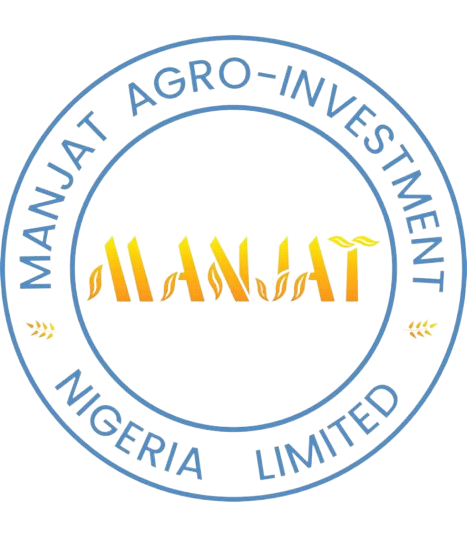
Nigeria’s economy is at a pivotal point. Traditionally, the nation’s economy has been heavily reliant on oil, which, while lucrative, leaves the country vulnerable to fluctuations in global oil prices. In light of these economic challenges, one clear solution has emerged: agriculture.
Economic Diversification and Growth
Nigeria’s dependence on oil has long been a double-edged sword. The revenue generated from oil exports has propelled the country forward, but it has also created economic vulnerability. Any drop in oil prices sends ripples throughout the nation, affecting jobs, development, and infrastructure projects. To stabilize the economy, diversifying beyond oil is crucial, and agriculture offers a sustainable and profitable alternative.
How Agriculture Can Transform Nigeria
By prioritizing agriculture, Nigeria can significantly reduce its reliance on oil. This would contribute to the establishment of a more stable and resilient economic structure. Agricultural investments offer numerous opportunities for growth, including:
- Contributing to GDP Growth: Agriculture has the potential to significantly boost Nigeria’s GDP. With vast arable land and a favorable climate, the country has the resources to become a global leader in agricultural production.
- Increasing Export Earnings: Agriculture opens the door to diverse export opportunities. From crops like cocoa, cashews, and rice to livestock, Nigeria can meet international demand and generate valuable foreign exchange.
- Job Creation: Agriculture is labor-intensive and offers employment opportunities at multiple levels—from small-scale farmers to agro-industrial processing. This could alleviate unemployment issues, particularly in rural areas.
Stimulating Industrialization
Agriculture is not just about farming; it has the power to drive industrialization through agro-processing. Nigeria can benefit from developing industries that process raw agricultural products into finished goods, such as canned foods, textiles from cotton, and beverages from local fruits. This kind of industrialization adds value to the agricultural sector and boosts economic development.
Strengthening Value Chain Development
A well-structured agricultural value chain ensures that the benefits of agriculture trickle down across the economy. With proper investment in infrastructure, logistics, and technology, the agricultural value chain can create wealth at every step—from production to market distribution. Developing this chain also encourages sustainability and long-term economic growth.
Conclusion
For Nigeria to build a more stable and prosperous future, investing in agriculture is not just an option; it’s a necessity. With the potential to diversify the economy, increase employment, and stimulate industrial growth, the agricultural sector holds the key to unlocking Nigeria’s full economic potential. The time to invest in agriculture is now, and with the right policies and investments, Nigeria can transition from an oil-dependent nation to an agricultural powerhouse.


Leave a Reply